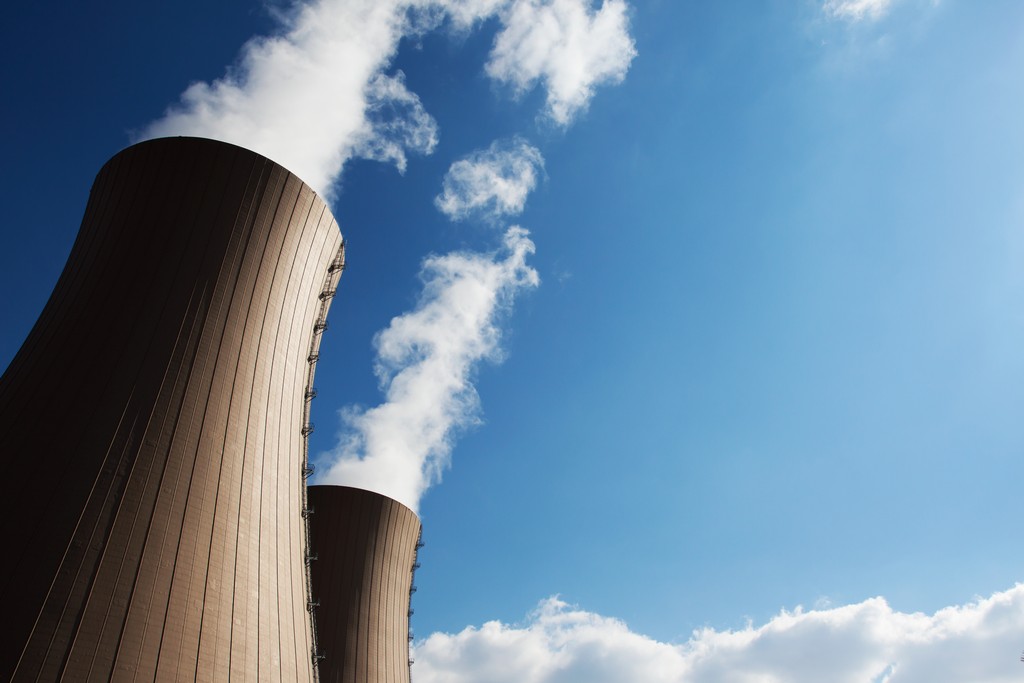Senators push for modern nuclear plants, question revival of BNPP
- October 15, 2024
- 0

Philippine senators are urging the government to invest in building modern nuclear power plants rather than reviving the decades-old Bataan Nuclear Power Plant (BNPP), which they deem too outdated and unsafe to operate.
In a report by Business World, Senate Minority Leader Aquilino “Koko” Pimentel III emphasized that the BNPP should be excluded from discussions on adopting nuclear energy, stating that it is beyond rehabilitation and poses significant safety risks.
While acknowledging the importance of nuclear power due to advancements in technology, Pimentel also called on the government to consider alternative energy sources to address the country’s power issues.
Last week, President Ferdinand R. Marcos, Jr. and South Korean President Yoon Suk-yeol signed an agreement to conduct a feasibility study on the possible rehabilitation of the BNPP. The Department of Energy and Korea Hydro & Nuclear Power Co. Ltd. will collaborate on a comprehensive technical and economic study for the plant.
The BNPP, a 620-megawatt (MW) facility built during the administration of the late President Ferdinand E. Marcos, Sr., was completed in the 1980s but never became operational due to corruption allegations and safety concerns.
Senator Sherwin Gatchalian, chair of the Senate Ways and Means Committee, acknowledged that restarting the BNPP might offer a quicker path to nuclear energy but recommended pursuing newer, safer nuclear technologies instead. He suggested consulting South Korea’s Korea Electric Power Corporation (KEPCO) to evaluate the feasibility and safety of reopening the plant.
Meanwhile, Senate Deputy Majority Floor Leader Joseph Victor Ejercito expressed openness to the possibility of reviving the BNPP, noting that South Korea has the necessary expertise to support the Philippines’ nuclear ambitions. He added that the benefits of nuclear energy are now recognized globally, with nations like the U.S. and France incorporating it into their energy mix.
The Department of Energy expects nuclear energy to contribute to the national grid by 2032, according to Energy Director Michael O. Sinocruz.
Meanwhile, a bilateral agreement between the U.S. and the Philippines, known as the 123 Agreement, which facilitates the export of nuclear materials and technology from the U.S., came into effect in July.
The Philippine House of Representatives has already approved a bill to create a Philippine Atomic Regulatory Authority, which will oversee the use of nuclear energy in the country.